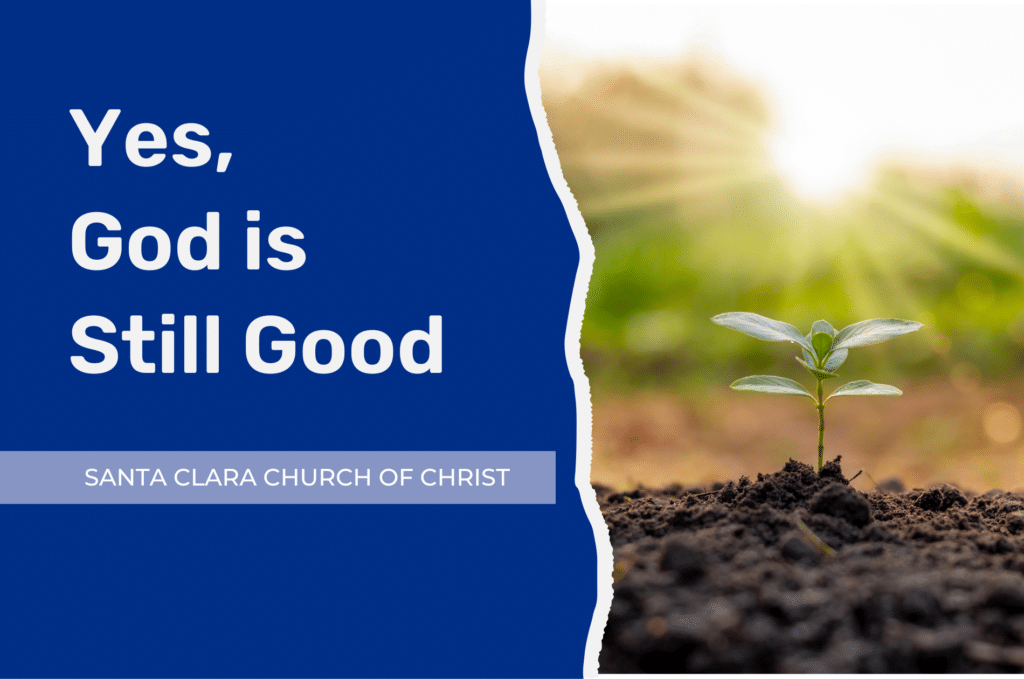Have you ever done something you were ashamed of?
That’s probably the stupidest question ever. A better one might be, “When was the last time you did something you were ashamed of?”
All of us can think back to at least a dozen instances where we could-have, should-have, would-have done something different, especially now that we’re looking at in hindsight.
And yet, we can’t, can we? As much as some of us would love to take back some very terrible sins in our past – some of which may have caused near-irreparable harm – the unfortunate thing is that we can’t. It’s a lonely thought, and yet one that nearly every single person in this world struggles with.
Oh, the irony.
The Effects of Guilt
Guilt has the ability to beat us down and bring us to our knees in submission, crippling us by showing us the 1,000 scenarios that we could have done different, and showing us the one painful reality of the poor choice we made. Like a horror movie that ends with all the good people dying at the end and the chainsaw-wielding psychopath getting away free and clear, our future looks bleak, disappointing, and almost unfair.
That’s one reason I don’t envy the Old Testament Jews. Besides the fact that keeping the Law was nearly impossible (Acts 15:10), they also had to show up every year and offer sacrifices for what they had done wrong. Over and over again, they were confronted with their errors, and maybe even in a public way. Anyone that was offering a sacrifice (i.e. everyone) was guilty of something. Everyone knew it, and in some cases, may have even known about your sin specifically. Thanks be to God that when I sin, I can go to God in private and make it right (unless I need to make it right with someone else, too).
Guilt isn’t all bad, though. Someone has compared guilt with a flashing red light on your car’s dashboard: You can either stop and do something about it, or drive on and wait for your pistons to bust (true story).
In Numbers 21, we read about God sending the fiery serpents in to the camp of the Israelites as punishment for their incessant whining about returning to Egypt (Numbers 21:4-9). After a while, they realized their sin and asked Moses to intercede on their behalf.
Don’t we do the same thing? We can live for years, steeped in a sin that we’re stubbornly refusing to give up, but when we begin to feel those twangs of guilt, it should alert us to do something about it. Guilt is hard to work through, but in some cases, it can lead us to repentance (2 Corinthians 7:9-10).
Charles Swindoll once said, “Life is 10% of what happens to you and 90% how you react to it.” And how we react to sin and guilt makes all the difference in the world.
How to Deal With Guilt
Once you’ve acknowledged your sin (assuming your guilt stems from sin), we can and should move past it. For some people – depending on what you’ve done – it may be easier than others. Sin has been called man’s greatest disease; if that’s true, then guilt is the nausea that comes as a side effect of the medicine that treats it. We have to move past guilt – indeed, we have no choice if we’re going to live any semblance of a life – but that doesn’t mean it will be easy.
There are two things you should do to deal with your guilt: pray for forgiveness, and do better.
We all remember David’s sin with Bathsheba. But while we could spend this entire article focusing on his sin and Nathan’s rebuke, focus on what happens after it. When his servants tell him that his child has died, David is remarkably objective: “Can I bring him back again? I will go to him, but he will not return to me” (2 Samuel 12:23).
Ideally, we would all have that attitude. There is nothing we can do to go back in time, but we can turn our efforts to the future and do better. The Prodigal Son certainly didn’t gain anything by sitting in the mud pit and dwelling on his errors, he had to get up and return to his father. So do we.
My favorite verse(s) in the entire Bible describes Paul’s attitude towards his own heinous sins: “It is a trustworthy statement, deserving full acceptance, that Christ Jesus came into the world to save sinners, among whom I am foremost of all. Yet for this reason I found mercy, so that in me as the foremost, Jesus Christ might demonstrate His perfect patience as an example for those who would believe in Him for eternal life.” (1 Timothy 1:15-16).
Paul understood that he was the “chief of sinners,” but he also understood that his repentance served as a model for others’ future repentance. If he can turn his life around, with his past, then so can you.



